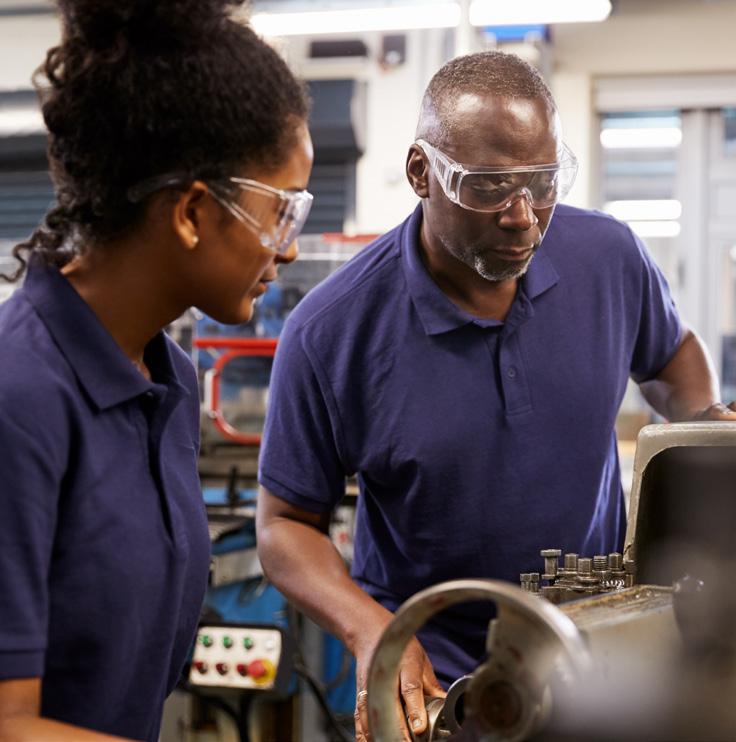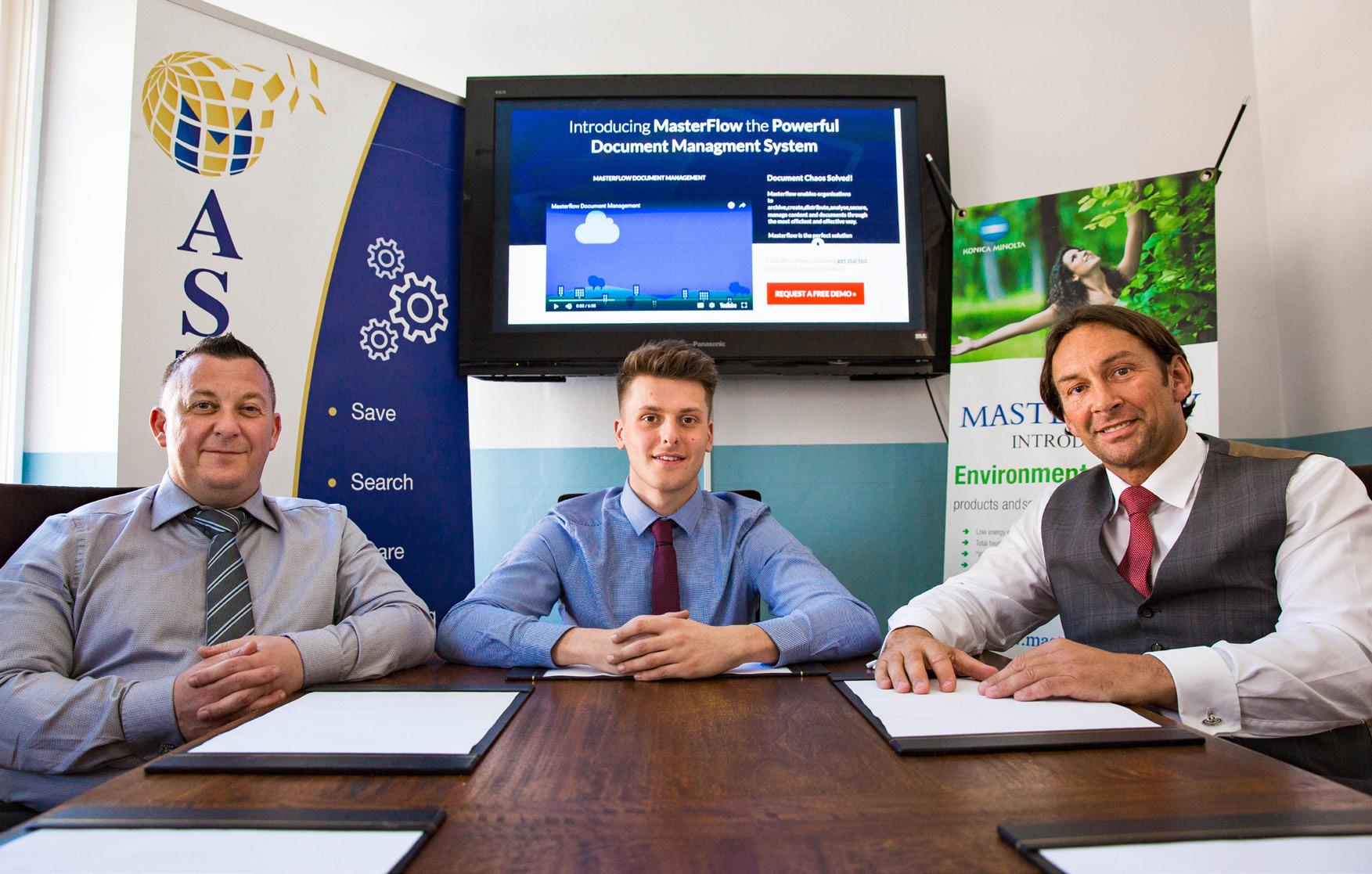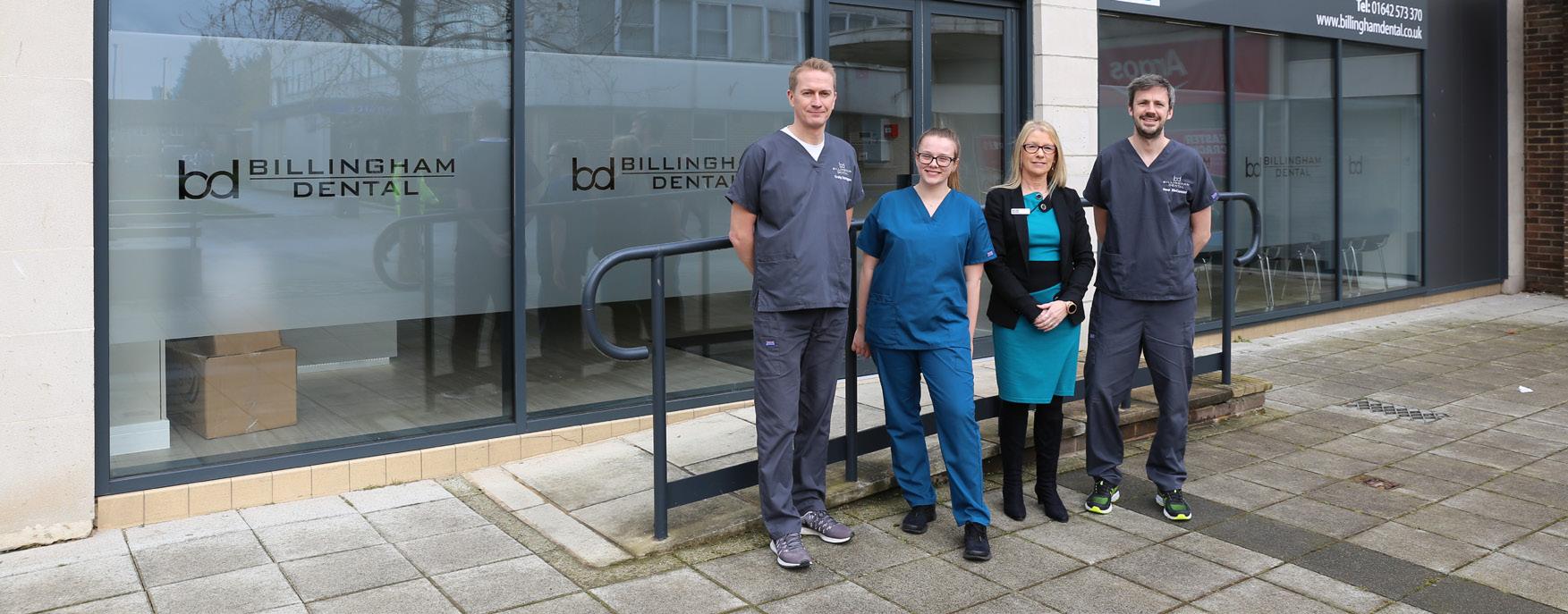
3 minute read
Our responsibilities
Before starting their placement, all students will be prepared for working life by their tutors and team within the College. During their time on placement with yourself they will be expected to:
Set clear objectives:
We expect students to agree a set of learning objectives to work towards whilst undertaking work placement. For T Level industry placements these will be agreed with both you and a member of the Work Placement Team before the start of the placement. The student will also be required to sign a workplace learner agreement which further details their responsibilities.
Track progress throughout placement:
We expect students to fill in their electronic logbook as a minimum weekly, to track their activities, learning, highlights and progression. Students are informed that the employer will be asked to confirm this is a true record. Students should attend regular one to ones with both their line manager and staff at the College, to discuss progress and communicate any problems should they arise. For some courses, such as T Level industry placements, students must attend both a mid-point and final review session to check in on progress and reflect upon what they have learnt during their work placement.
Maintain professional standards:
We expect all students to maintain professional behaviour, a positive attitude, display a positive work-ethic and be an active member of your team throughout their work placement.
Answering commonly asked questions:
Do I need to pay the student?
Students are not entitled to a salary as the placement is forming part of a course of further education. There is no legal requirement or expectation that students will be paid. However, you can pay the student should you wish to, or support the student with their travel and subsistence costs.
How are work placements different to short work placements?
Short work placements typically involve a student shadowing you for 1 or 2 weeks. They are mostly there to observe and experience a first taster for the world of work. However, work placements will be for a minimum of 315 hours (45-50 days on average), with students studying a related course meaning they will have relevant skills and knowledge that enable them, after a period of induction, to add value to your business.
Will there be lots of paperwork?
No. All legal, health and safety, insurance and other documents will be given as templates, pre-filled where possible, to minimise your workload and the amount of paperwork required, in addition to any internal processes you will need to complete as a business. Where possible we are striving to use electronic methods to save time and improve efficiency.
How can I balance this with core business activities?
Students will undergo preparation before coming to you, and clear responsibilities, working hours and other workplace expectations. For industry placements this is outlined in the work placement agreement, which is signed by all 3 parties before the placement begins. You should agree with your student what their goals and responsibilities are for the placement at the start and monitor their progress towards these. Given the opportunity and some initial support, they should be able to add value to your regular activities.
What support will I receive?
We will support you with the set-up of the placement, whilst dealing with the administrative side and finding you the right student. Once the placement begins, we will be there to support both you and the student throughout, whilst continuing to improve the experience had by both parties if necessary.
How can I make sure I get suitable students?
You can work with Middlesbrough College Group to find the best student for your organisation. Be transparent about your requirements. If you would like, this can involve you holding a CV screening and/or interview process. For T Level industry placements, all students will be studying a technical course that should be relevant to the work placement being offered.






